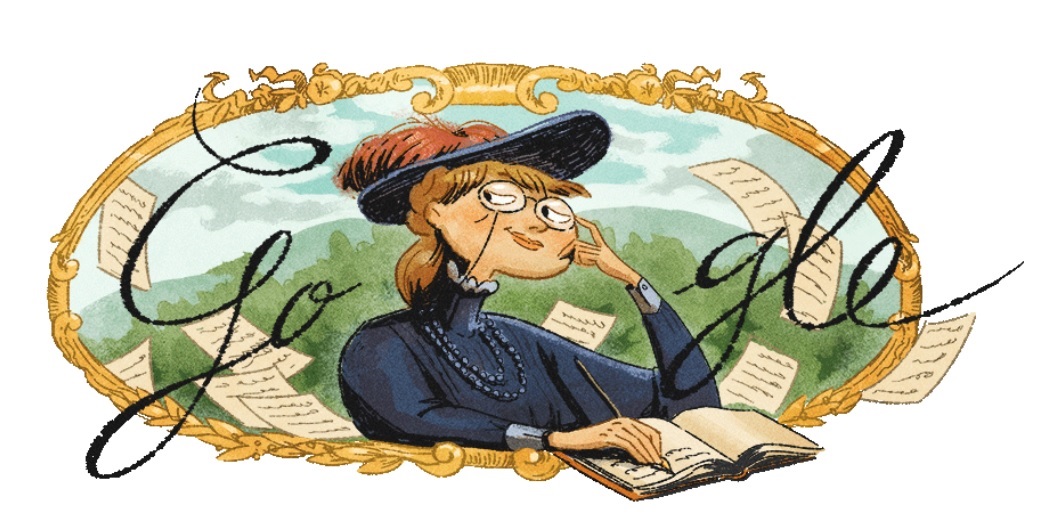Maria Konopnicka: Google honors Polish poet on his 180th Birthday

- Country:
- Poland
Happy Birthday Maria Konopnicka!
Google doodle on May 23 to celebrate 180th Birthday of Maria Konopnicka (ˈmarja kɔnɔpˈɲitska), a Polish poet, novelist, children's writer, translator, journalist, critic, and activist for women's rights and for Polish independence. She used pseudonyms, including Jan Sawa. She was one of the most important poets of Poland's Positivist period.
Maria Konopnicka was born on May 23rd, 1842 in Suwalki, Poland. Her father, Józef Wasiłowski, was a lawyer. She was home-schooled and spent a year (1855–56) at a convent pension of the Sisters of Eucharistic Adoration in Warsaw (Zespół klasztorny sakramentek w Warszawie).
When she was 12, her mother passed away, leaving her strict and patriotic father to raise three little girls. As a self-taught writer that craved innovative ideas, Konopnicka avidly read classic and contemporary literature. She was especially taken by the Polish Positivist writers, and their progressive ideals would later influence her work.
In 1870, she made her debut as a poet and by 1876 her poems were being published in national journals, including her collection “In the Mountains,” which appeared in the well-respected Tygodnik Ilustrowany (Illustrated Weekly). A positive review by Nobel Prize laureate Henryk Sienkiewicz encouraged Konopnicka to keep writing.
In 1877, Maria Konopnicka moved to Warsaw with her children to be in the thick of Polish literary and intellectual life. She published four controversial, yet acclaimed volumes of poetry focusing on patriotism and providing a voice to the lower class over the next 15 years. Between 1884 and 1887, Konopnicka defied conservative criticism and censors while serving as an editor for the democratic women’s magazine Świt.
Maria Konopnicka never stopped challenging herself and also authored short stories, children’s books and translated French and German poetry into Polish. Her short stories, including "Nasza szkapa" (Our Jade) and "Dym" (Smoke), are considered to be among the best in Polish literature. In 1901, she took a break from her writing to help organize protests against the repressive measures taken by the Prussian government, which forced Polish children to speak in German at school. To celebrate the 25th anniversary of her literary and social work, Konopnicka was offered a house in Zarnowiec as a gift from the Polish nation.
In 1973, the Maria Konopnicka Museum in Suwalki opened to memorialize her accomplishments. Millions of copies of her books have been printed and reprinted throughout Poland. She was also a translator. Her translated works include Ada Negri's Fatalita and Tempeste, published in Poland in 1901.
Source: Google doodle
Also Read: Stacey Park Milbern: Google honors disability rights activist on her 35th birthday!










